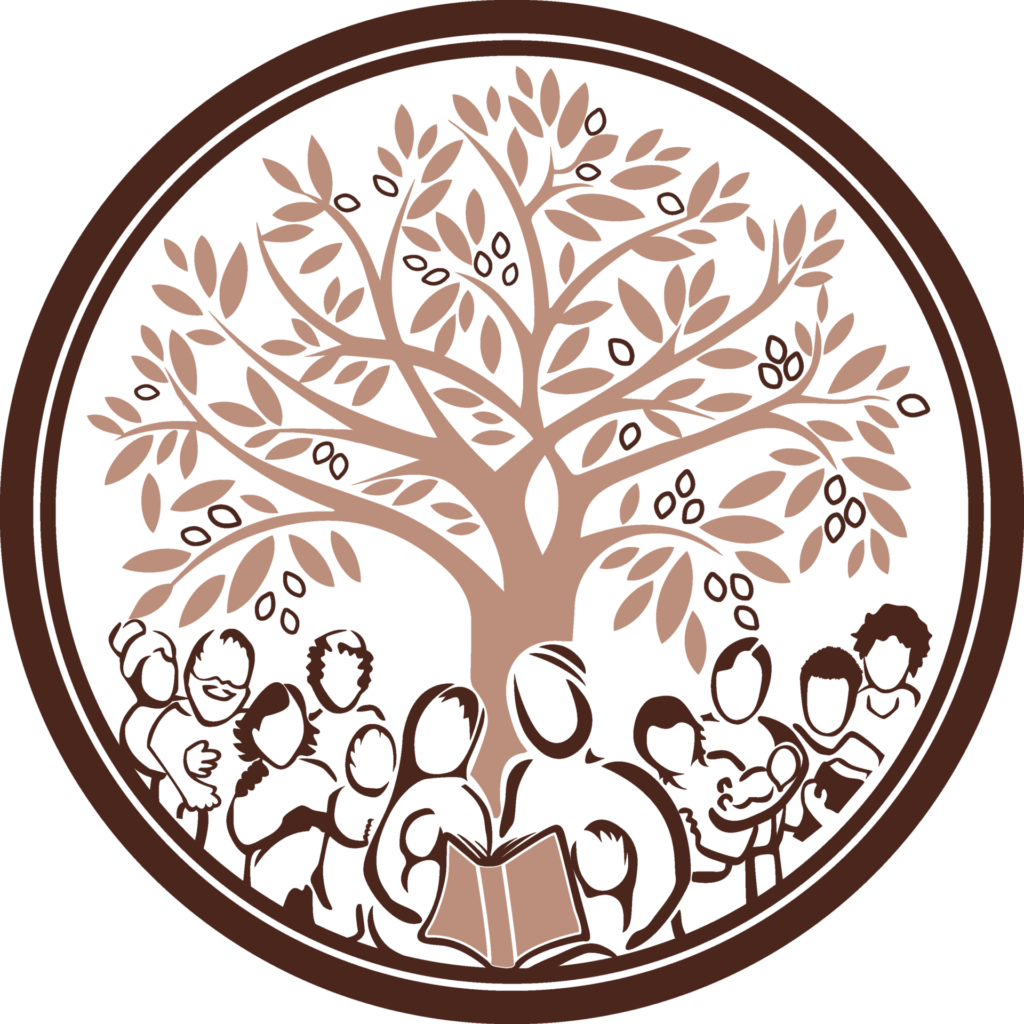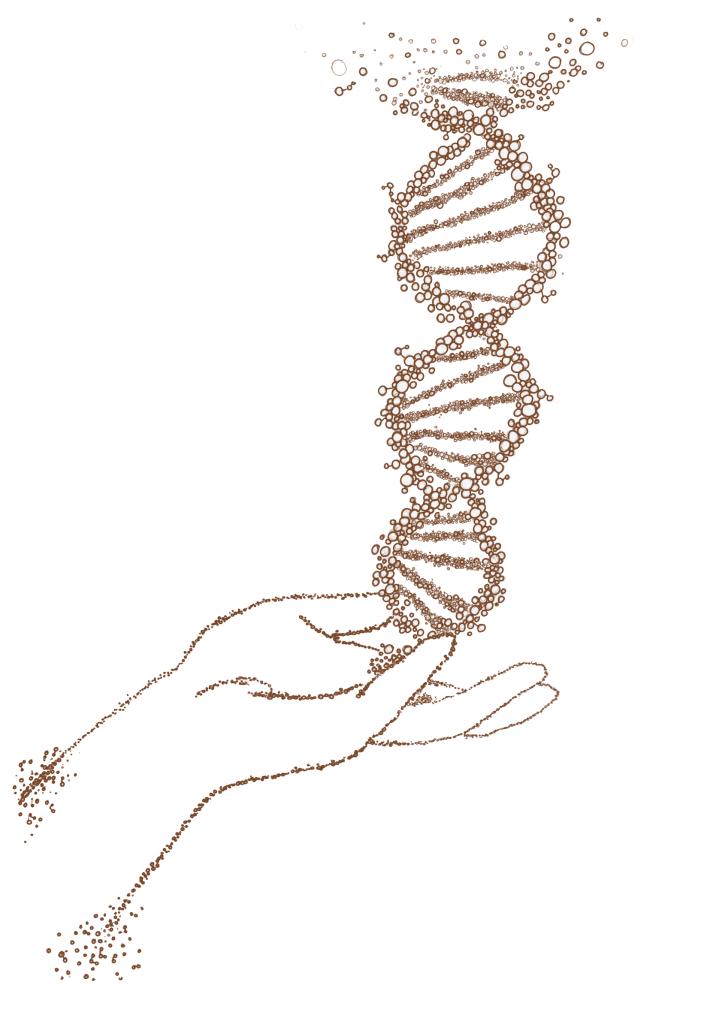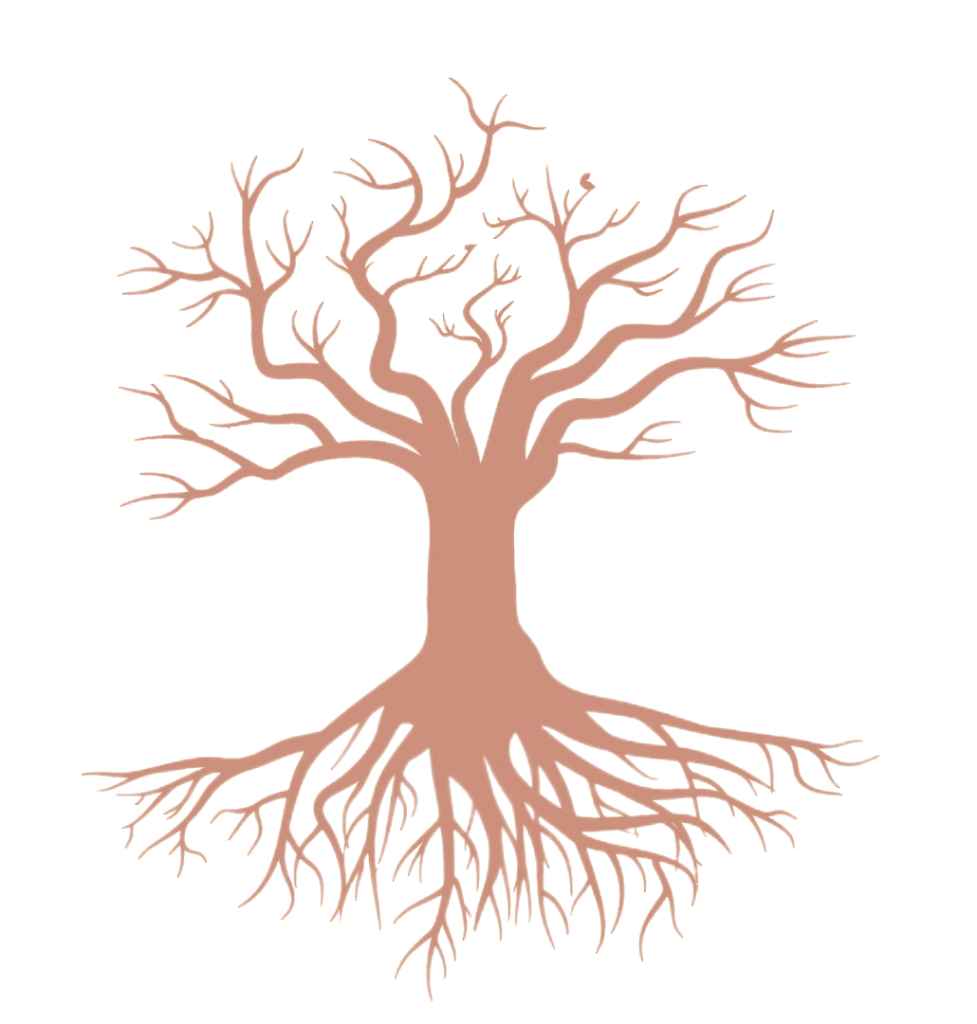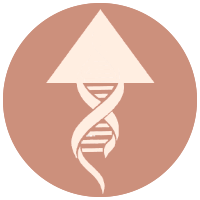I have over 15 years’ experience as a professional genealogist. During my many years of searching, creating family trees and studying other personal genealogy projects, I have collected several databases of civilians from around the world. I have conducted genealogical research across a number of countries and time periods while working in USA, Russia, Ukraine and the China. My specialisation covers European genealogy, USA genealogy, Jewish ancestry (including Ashkenazi), British ancestry and many others.
My accumulated knowledge and experience have been translated into extensive databases, including many surnames from across the globe.


Genealogy is the science of studying family origins and history using different records about your ancestors going back as far as possible. Throughout time, genealogy has invariably aroused interest among many people.
People develop a passion for finding relatives for a variety of reasons. For example, discovering the geographical roots of your ancestors will provide you with a better understanding of their background. Genetic genealogy also helps you assess the risk of being affected by certain medical conditions. Furthermore, if someone has been separated from their siblings or parents against their will, they often want to find their living relatives. Genealogy can also help determine the birth parents of an adopted child. Finally, some people are simply curious about their family roots.
Find out more information on why you need the services of a professional genealogist.
Genetic genealogy integrates conventional genealogical research methods with genetic analysis. The most effective way of conducting genealogy research and finding sufficient evidence is to combine documentary search with DNA testing
Learn more about one of the most important tools used by professional genealogists and the reasons for DNA testing.

Below you will find answers to frequently asked questions about genealogy, DNA testing and the process of working with a professional genealogist.
Please read the How It Works page for more information.
Even with the huge amount of online resources, certain skills and experience are required to conduct a comprehensive genealogical search. By employing the services of an experienced genealogist, you can trace your family tree, learn about the lives of your ancestors or find your living relatives. A professional genealogist combines different sources, such as records, online databases and DNA testing, in order to maximise opportunities for your discovery and save you time.
Each project is unique. I use the free initial consultation to get a full picture of your family background and personal goals, and then I can suggest different strategies and estimate how long it will take to complete your research. This will depend on whether I need to visit the archives or involve other experts in the project.
Sure, I verify all the information provided for the most precise search results. I analyse the data and records you have already found to ensure the accuracy and quality of the research. As a result, we can avoid wasting time and money on searches. Accurate information is the key to successful genealogical research and your desired outcome.
I need to know what information you already have, whether you have previously conducted any research and what results you obtained. Any records and data in your possession will be extremely helpful in your genealogical project, including the dates and locations of births, marriages and deaths of your ancestors, as well as information on the immediate family members that you know about. You may include vital records, census records and various newspaper clippings. During the initial consultation, I will ask various clarifying questions about your family background. In some cases, you will need to provide your DNA test results.
Unfortunately, no. In genealogical research, I can never guarantee a specific outcome. During the initial consultation, I estimate how your project will progress, and suggest various research options and strategies. Once you have approved the plan, I will begin the search. You will work with me directly every step of the way. The whole process is completely transparent. Even if the results are not what you hoped for, the information found will prove to be a valuable resource so you can find answers to your questions and learn more about your family history.
Upon completion of the search, you will receive a detailed PDF report containing findings and analysis, including copies of relevant documents, images and scans of all historical records. I will also suggest some strategies for possible future projects or further collaboration, and answer any questions you may have regarding your research. Each genealogy research package also includes an online or offline family tree service (up to 200 people) and an interpretation of your DNA test results. Tests and shipping are paid for separately.
Yes, for over 15 years I have carried out genealogical research across a number of countries and time periods while working in USA, Russia, Ukraine and the China. My specialisation covers European genealogy, United States genealogy, Jewish ancestry (including Ashkenazi), British ancestry and many others. I also have agents around the world so I can access a wide array of important records and cooperate with experts in Hungarian, Polish, Ukrainian, Yiddish, Hebrew and other languages.
Sure, even if you have a specific request, I will develop an individual plan and create your personal genealogy service package tailored to your requirements. Just complete the request form on the website, call me directly or contact me via email. I will respond to your request as soon as possible.
Since 1977, my family has completed thousands of worldwide genealogy research projects with a 98% success rate. I have considerable expertise and offer a full range of services, from tracing family trees as far back as possible and looking for living relatives to interpreting your DNA test results and studying your origins.
Unfortunately, in some cases, and for one reason or another, brick walls cannot be overcome. This could be due to lost records, migration or adoption. However, in order to try and resolve this problem, it is imperative that I collect all the available information about your ancestor, as well as their children, spouse and other relatives.
The ability to find a long ancestral line depends on many factors, such as country of origin, ethnicity, use of surnames and generational migration. The quality of genealogical research is also dependent on the amount of documentation available. Sometimes, going back to the 15th century or even earlier can be difficult because records may be damaged or missing.
Genes are small units of DNA, the molecule in organisms that carries the biological instructions that make each one of us unique. Genes carry the information that determines the characteristics of a person, such as their physical, emotional and behavioural features.
Do you have the same last name as someone famous? Are you curious as to whether you are related to a celebrity? If so, you need to learn more about your family history, starting with yourself, and create your family tree and perhaps carry out a DNA test. To get started, you can search the internet for the family tree of the celebrity you are interested in. However, remember that the accuracy of any information must be double-checked.
To conduct genealogical research, you first need to access vital records, especially relating to births, marriages and deaths. This information about your ancestors can be found in civil records, church or parish registers, on tombstones, or in online resources.
Previously, coats of arms were issued to individuals, and not every family or surname had one. Coats of arms were used only by the male line descendants of the person to whom it was originally granted. Therefore, it is not possible to find a coat of arms for every family or surname.
To learn more about DNA tests, their differences and benefits, please read the DNA tests page.
It is important to remember that in-depth skills and experience are required to conduct a comprehensive genealogical search. By enlisting the services of an experienced genealogist, you can trace your family tree and find all the information you need, even among the huge variety of available records.
I actively utilise archives in New York, North America and across the globe. One of my most important resources as a professional genealogist is the records collection in the Family History Library in Salt Lake City, Utah, United States.

The various archives with genealogical records from all parts of the world that can help support your ancestry research are listed below.
This page contains relevant genealogical sources, different links, such as DNA predictors, online family tree builders, and text recognition and transcription tools etc. Regardless of where you live or where your ancestors came from, the following links can help you find records relating to your family history. I suggest using these links for your references.
If you are planning to do the research yourself but you don’t know where to begin, I can help you choose the right path, avoid the most common mistakes and save time. You will be taught the necessary skills, tools and methodologies to conduct a successful research project on your own.
Creating a family tree, searching for records: www.myheritage.com
The Free Family Tree: www.wikitree.com
Family Tree Maker: www.mackiev.com
Image Restore: www.image-restore.co.uk
DNA Reporting: www.geneheritage.com
Determine ancient origins using DNA tests: mytrueancestry.com
Linking up with relatives around the world: www.computely.com
Relationship finder tool: www.relativefinder.org
Family tree hosting site: www.tribalpages.com
Family tree builder: www.findmypast.com
Family photos: www.deadfred.com
Family tree generator: www.lucidchart.com
Family tree maker: www.familyecho.com
Transcribing documents: www.onlineocr.net
AI-powered text recognition: readcoop.eu/transkribus/?sc=Transkribus
Oxford Dictionary of Family Names: www.oxfordreference.com
Kinship NY surname search: www.newyorkfamilyhistory.org/kinshipny
Get more information about genealogy coaching
enquiry![]() truegenealogist.com
truegenealogist.com
